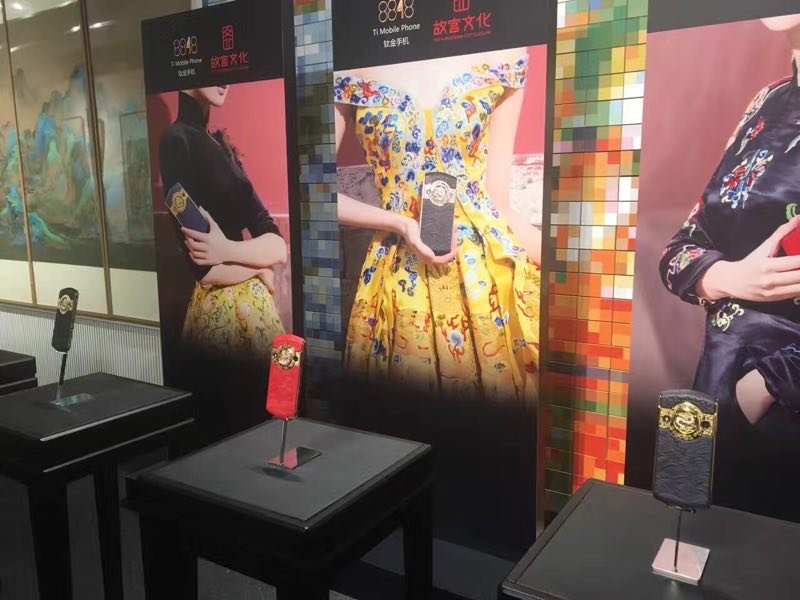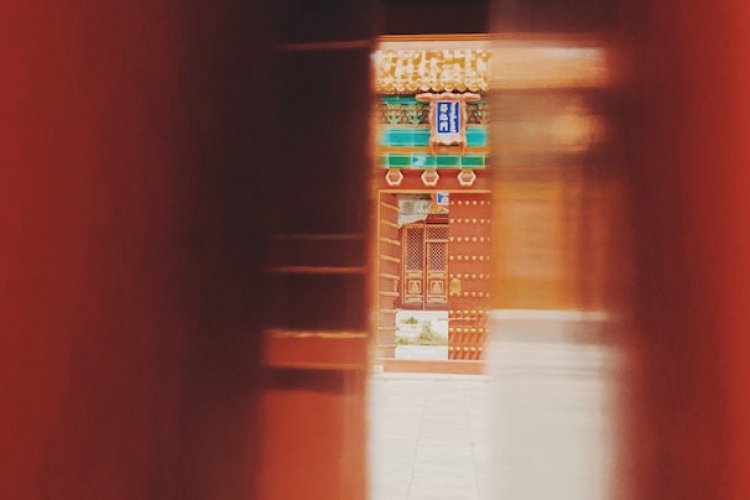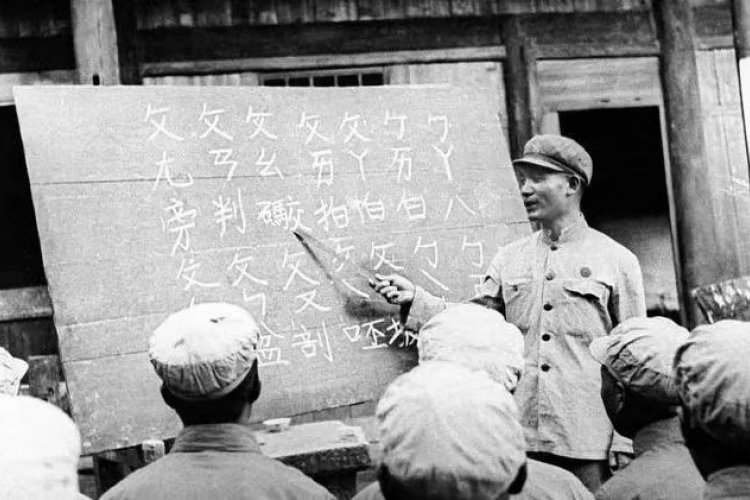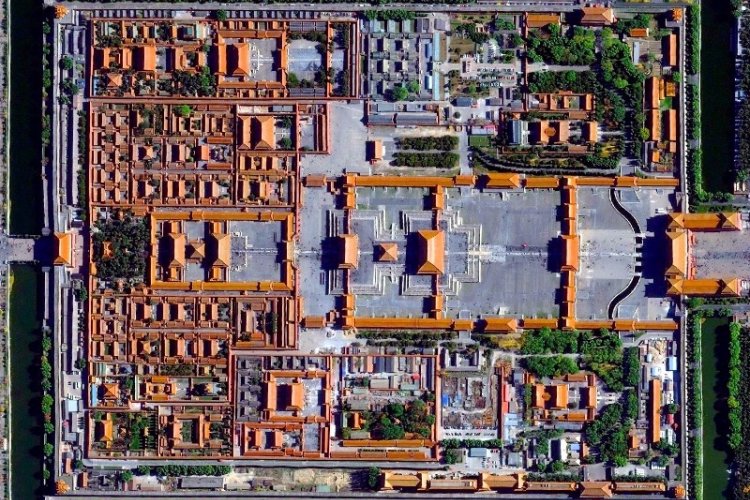Blinged-Out Mobile Not the First Telephone Controversy at the Forbidden City
A tempest over a telephone has erupted at the Forbidden City. State media and netizens this week poured derision on the Palace Museum’s decision to partner with phone manufacturer 8488 Phones on a luxury smartphone, the RMB 19,999 Titanium Palace Edition, but it’s not the first time a phone has caused an uproar in the palace.

The first telephone controversy in the Forbidden City occurred nearly a century ago. In 1921, the then 15-year-old former emperor Puyi insisted his staff install a phone for his personal use. Puyi first became fascinated with phones after he learned about them from his tutor, Reginald Johnston. Johnston would later have reason to regret this role in spurring the young monarch’s enthusiasm for telephony.
The emperor’s request for a phone of his own set off a frenzy of angry bewilderment from his tutors at court, who reminded him that “There is nothing in the ancestral regulations to provide for this.” Short form: If your ancestors didn’t use a phone, why do you need one? Their point would have been better perhaps if they hadn't been standing in a hall festooned with chiming European clocks, electric lights, and a grand piano.
When the court couldn't dissuade Puyi, they rolled out their big gun: Puyi’s father. He reminded his son that outsiders calling into the palace’s inner sanctum might offend imperial dignity and upset the Celestial Countenance.

Puyi was unmoved. His father already had a phone. Besides, as Puyi wrote in his autobiography, the real threat wasn’t to his Celestial Countenance. It was the fear of an emperor confined to the palace ever since he arrived as a young child finally getting in contact with the world beyond the palace walls.
But at first, Puyi used his phone the same way most 15-year-olds would: prank calls.
Once the phone was installed in his residence, Puyi quickly thumbed his way through the Beijing telephone directory until he found the number of Yang Xiaolou (1878-1938). Yang was one of the most famous Peking Opera stars of his day. When Yang answered his phone, Puyi asked, “Could this be the famous opera actor of Peking?” When Yang answered in the affirmative, the Last Emperor of China started giggling uncontrollably and hung up the phone. Among Puyi’s other favorite stunts was to dial up famous restaurants, order an extravagant meal, and send it to a random address. I remember doing something similar to my biology teacher in high school.
His most frequent victim was his tutor Reginald Johnston, the original inspiration for the installation of the telephone. Whenever Puyi was lonely, Johnston was a phone call away. Have a question about English grammar? Ring Johnston. Have a question about European culture? Ring Johnston. Want to chat about the imperfectly folded dumpling you just ate? Ring Johnston.
Eventually, Puyi would take his phone privleges more seriously. A year after getting his phone, he used it to conspire with younger brother Pujie and the Dutch ambassador to try and move many of the most valuable treasures to a secret location in Tianjin as part of a plan to escape China. Unfortunately, his own servants ratted him out and the Dutch, fearing an international incident, backed out at the last minute.
In 1924, when the warlord Feng Yuxiang captured the city of Beijing and evicted Puyi and his family from the Forbidden City, the first thing Feng’s troops did was to cut the phone lines. Cut off from the world and unable even to contact Reginald Johnston for advice, Puyi agreed to vacate the only home he had ever really known on just three hours notice.

Puyi’s phone was a simple, wall-mounted wooden unit. It lacked the sapphire-glass screens, calf-leather case, and 18K-gold dragon medallion on the model currently being promoted by the Forbidden City. It is doubtful whether Puyi could have even afforded the luxury phone's hefty price tag. But he might have been sympathetic. After all, Puyi more than anyone knew just how much controversy one phone can cause in the palace.
Jeremiah Jenne is a writer, educator, and historian based in Beijing since 2002. He leads public historical walks and educational programs for The Hutong and manages the history, culture, and travel website Jottings from the Granite Studio.
Photos: blog.sina.com.cn, bbc.com
References:
Reginald Johnston. Twilight in the Forbidden City. (Cambridge University Press, 1934).
Henry Pu Yi. The Last Manchu: The Autobiography of Puyi. Paul Kramer, ed. (Skyhorse Publishing, 2010).





![[NR] Forbidden City Book Photo by Haiwei Hu/Getty Images. All Rights Reserved.](https://www.thebeijinger.com/sites/default/files/styles/blog_list_image/public/thebeijinger/blog-images/265699/5_c_haiwei_hu_getty.jpg)

